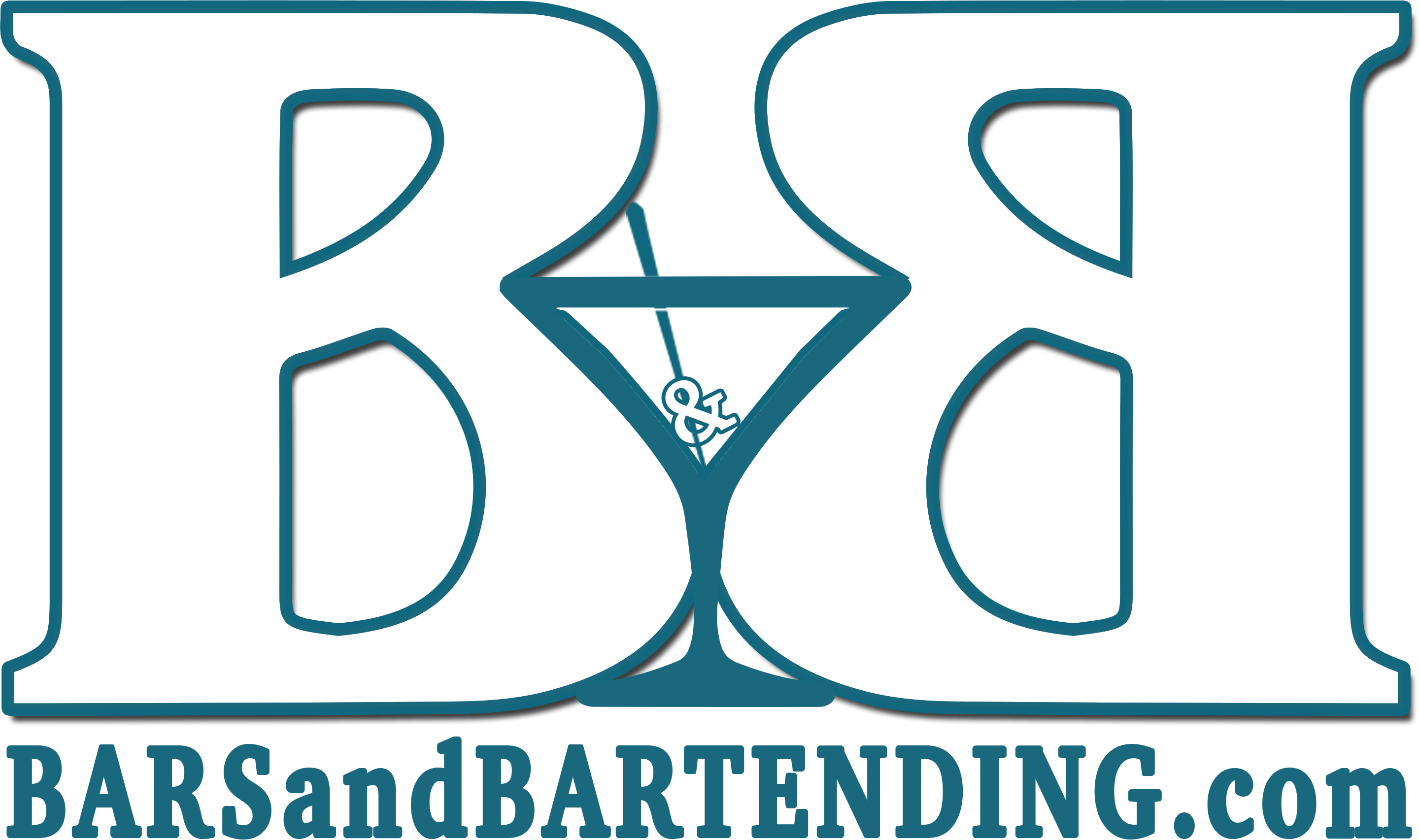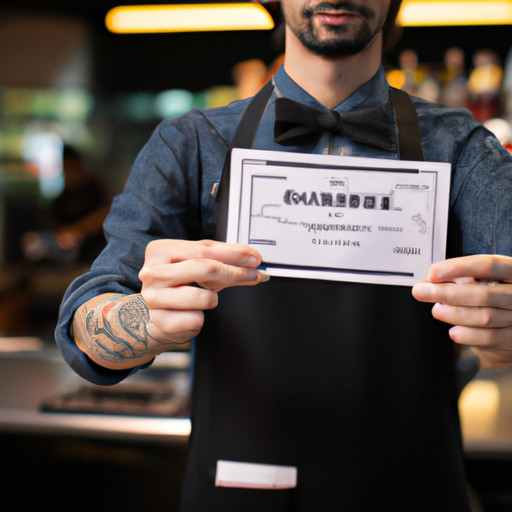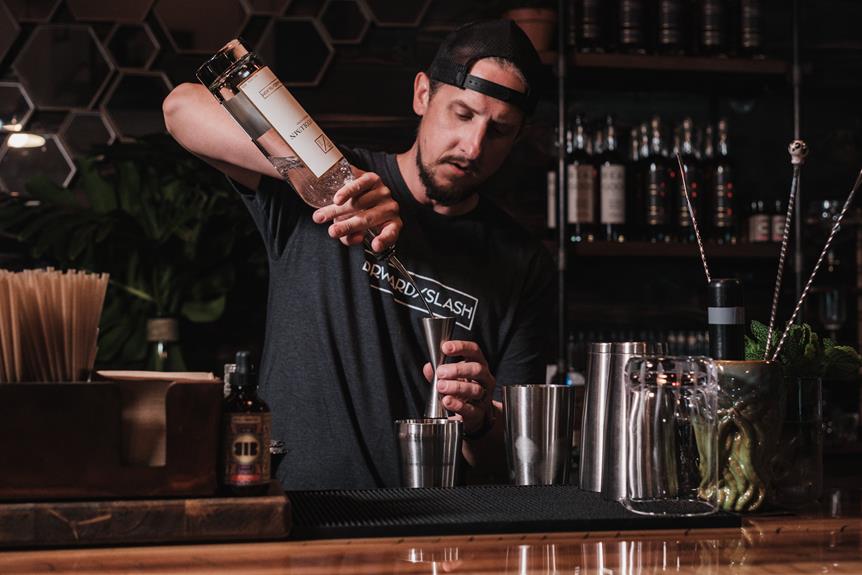Do Bartenders Need a License or a Certification to Bartend?
Are you looking to make some extra money bartending? Do you wonder if you need a bartending license, certification or anything special in order to do so? It’s an important question to consider, and one that many people face. You may be surprised to learn that the answer depends on where you live. In this article, we’ll explore whether it’s necessary for professional bartenders to have a license, as well as the regulations that govern this area of work.
Anyone who has spent time at a bar knows how much skill and knowledge is required from a bartender. They must not only have great customer service skills but also know all about different drink recipes and techniques. This means they can create delicious cocktails with ease – something customers certainly appreciate! But what kind of qualifications are needed in order for someone to become a professional bartender?
The licensing requirements vary depending on your state, province or country. Some areas require specific training while others don’t even require any sort of certification at all! We will take a look at the various rules and regulations regarding obtaining a license in order to help you decide if becoming a bartender is right for you.
What Is A Bartending License?
A bartending license is a special certification that is required in many places in order to legally work as a bartender. It’s an official document issued by the local government, and varies from state to state, province to province and country to country. Depending on where you live, it may be called something else like a liquor server permit or alcohol server certificate.
In most cases, getting your bartending license involves taking an approved training course and passing an exam. The courses often cover topics such as responsible service of alcohol, understanding food safety principles and legal responsibilities for serving alcoholic beverages. Additionally, there are different classes depending on what type of bar or restaurant you plan to work at. For example, candidates who want to work in establishments with gaming machines will need a specific class related to those operations.
Once all requirements have been met and the exam has been passed successfully, applicants can receive their certifications which then allow them to obtain employment as a bartender. So if you’re looking into this profession, make sure you check out the necessary qualifications needed for your area first!
Bartending License Vs Bartender Certification
When it comes to bartending, there’s a lot of confusion between licensing and certification. On the surface, they may appear similar but in actuality, they are quite different from one another. A bartender license grants you the legal authority to serve alcoholic beverages while a bartender certification simply verifies that you have completed an educational program about mixology or wine service.
A bartender license is necessary in many jurisdictions as it ensures proper regulation when alcohol is served. You must obtain this type of license through your state or provincial government or local municipality.
Completing a formal training program which results in earning a bartender certification requires meeting specific academic standards and mastering fundamental concepts related to mixology or beverage service industry regulations. Such programs cover topics like recipe development, drink preparation techniques, customer service protocols and more depending on the course curriculum being followed by the student.
Having both qualifications can significantly increase job opportunities within the field of bartending.
Bartender Licensing Requirements By Province
If you’re looking to become a bartender, understanding the licensing requirements in your province is key. Depending on where you live, this could involve anything from having no license at all, to needing to take certification courses and obtain a professional license. It’s important to understand exactly what’s required of you before starting out as a bartender.
In Canada, provincial regulations usually determine the licensing rules for bartenders. For example, Alberta requires its bartenders to have the ProServe certification. In Ontario, bartenders must obtain their Smart Serve Certification and pass an alcohol awareness test in order to legally serve alcoholic beverages.
Although there are differences between provinces when it comes to how heavily regulated the industry is, one thing remains constant: those who want to work as bartenders should always keep up-to-date with the relevant laws and regulations in order to ensure that they comply with them fully. Doing so will help guarantee success within this high-paced profession.
Bartender Licensing Requirements By State
In most cases, bartenders are required to obtain an official license from their respective state government in order to lawfully serve alcoholic beverages. The specifics will vary depending on where you live: some states require certification through an accredited program or training course while others may ask that applicants pass an exam prior to obtaining a permit. It’s essential that those interested in working as bartenders become familiar with the laws related to alcohol service in their area.
Additionally, certain cities also put forth guidelines of their own; it’s wise to check with local authorities if there are any additional restrictions or mandates that must be met before beginning employment as a bartender. Furthermore, employers may impose further qualifications such as age limits and background checks — so make sure you’re aware of all relevant stipulations before applying for jobs!
Bartending License: Frequently Asked Questions
How Long Does It Take To Get A Bartending License?
When it comes to bartending, the first step might be getting your license. But how long does this process take? It can vary depending on where you live and which type of license or certification you need.
In many places, applicants will have to go through a training program before they can receive their license. This usually involves a certain number of hours in a classroom setting as well as hands-on instruction behind an actual bar. After that, there’s typically an exam that must be passed with at least 70% accuracy in order to get certified.
The amount of time needed for all of these steps generally takes anywhere from two weeks to four months or more. However, once everything is completed and you’ve received your license, you’re ready to start pouring drinks right away!
What Is The Cost Of Obtaining A Bartending License?
Obtaining a bartending license often involves an investment of both time and money. Depending on the state, province or country, fees can vary significantly and typically include costs for registering with local alcohol agencies as well as any associated training courses. It’s important to remember that while it may seem like an expense initially, having a valid bartending license can be beneficial in securing employment opportunities.
When researching how much you’ll need to pay for your license, consider whether there are additional charges such as coursework or materials that might not be included in the initial fee. In some cases, these extra costs can add up quickly so make sure to do your research beforehand. You should also check if there are any discounts available based on your age or other criteria – this could potentially save you hundreds of dollars!
In order to have all the information necessary when applying for a bartending job, it is wise to obtain a valid licensing certification in advance. By understanding what is involved with obtaining a bartending license or bartenders certificate and familiarizing yourself with potential fees and requirements ahead of time will help ensure that you’re prepared when the opportunity arises.
Are There Any Age Restrictions For Obtaining A Bartending License?
When it comes to obtaining a bartending license, age restrictions are an important factor. Most states require applicants for this type of license to be at least 18 years old; however, some may also require applicants to be 21 or older. This is due in part to the fact that alcohol consumption has traditionally been restricted to those over the legal drinking age of 21.
It’s worth noting that certain areas have different requirements when it comes to minimum ages for getting a bartending license. For instance, in Illinois and New York City, applicants must be 21 if they plan on working with alcoholic beverages. In Florida, anyone aged 18 or above can get their bartender’s license without having any prior experience in the industry.
No matter where you live, though, you should make sure you meet all applicable laws before applying for a bartending license. You don’t want to find out later that you’re not eligible because of your age!
Are There Any Special Skills Or Qualifications Required For Becoming A Licensed Bartender?
Obtaining a bartending license is not as straightforward as some may think. There are certain qualifications and skills that must be met in order to become a licensed bartender.
The primary qualification for becoming a licensed bartender is age, which varies by state but typically requires the applicant to be at least 18 years old. However, beyond just meeting the minimum age requirement there are also other important aspects of being a successful bartender such as understanding alcohol laws, customer service, drink recipes and presentation. Aspiring bartenders should also possess strong interpersonal skills including communication and problem-solving abilities since they will often need to interact with customers and handle challenging situations responsibly.
In addition to these qualities, having knowledge of different beverages is essential for any aspiring bartender. This includes everything from different types of beer, wine and cocktails to how alcoholic drinks are prepared and served. Working knowledge of spirits helps ensure responsible serving practices so bar patrons can enjoy their experience safely while still having fun. Lastly, reliable transportation or access to public transport is needed since most bartending jobs require employees to work evenings and weekends when bars tend to be busiest.
Overall, although obtaining a bartending license may seem fairly simple on its face, there are many qualifications one must meet in order to become a successful professional behind the bar. To increase chances of success it’s important for applicants to have all the necessary skills before applying for a bartending job or attempting to obtain their license.
Is A Bartending License Recognized In Multiple States Or Provinces?
When it comes to bartending, one of the biggest questions on people’s lips is whether a license is valid in multiple states or provinces. After all, no one wants to take the time and effort of getting qualified only for their qualification not to be recognized elsewhere. So what are the facts?
Generally speaking, each state and province has its own licensing requirements. This means that although certain tests may be similar across different locations, you will often need to get re-certified if you move from one area to another. Some places may also require additional training or qualifications beyond just having a license – so make sure you check before applying for any jobs outside your current location.
Having said that, there are some organizations which provide certification in more than one place – such as The United States Bartenders Guild (USBG). This organization offers certifications throughout US and Canada, making it easier for those who want to work in both countries without needing separate licences. Ultimately though, this depends on the specific laws of each region – so do your research and find out what applies where you plan to work.
Closing Time
The process of obtaining a bartending license is relatively simple and straightforward. Depending on your location, it usually takes no longer than 6 weeks to secure one. You’ll likely need to pay an application fee in order for your request to be processed. You must also meet any age requirements specified by the issuing authority – typically 18 years or older. Additionally, there are specific skills that may be required as part of the licensing process such as knowledge of various cocktails and basic customer service protocols.
Finally, a bartending license can vary from state-to-state or province-to-province; however, some states have reciprocal agreements which allow them to recognize licenses issued in other jurisdictions. Ultimately, if you’re thinking about becoming a licensed bartender, make sure to do your due diligence so you know what’s expected of you.






